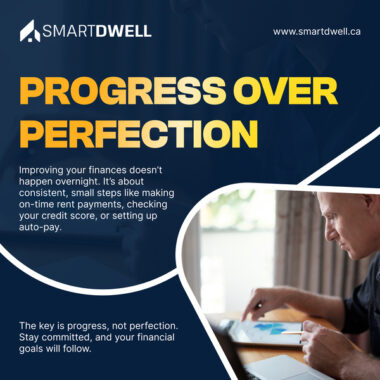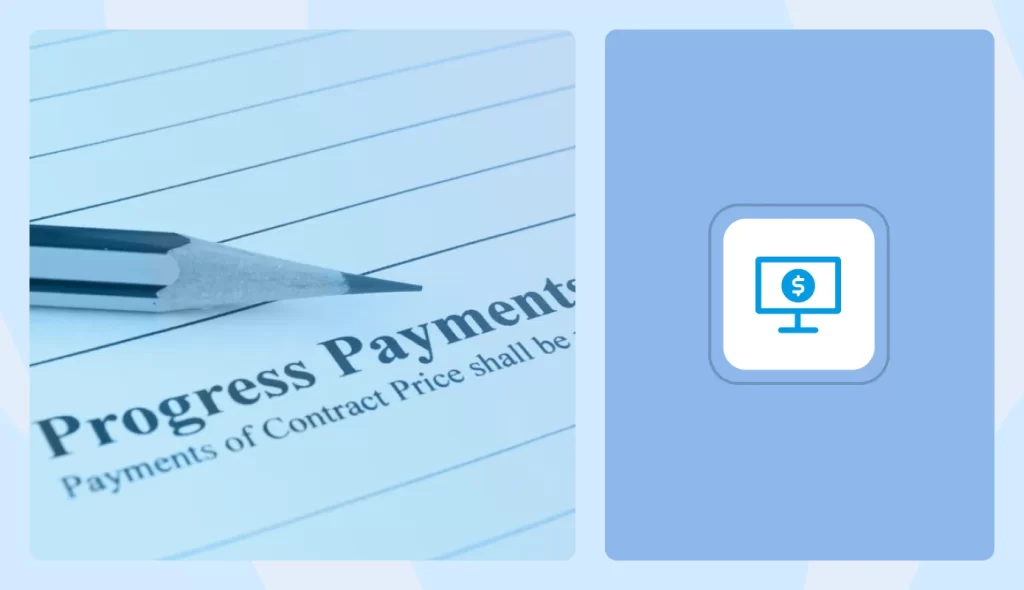Your credit score is one of the most important aspects of your financial life. It influences your ability to get loans, rent apartments, obtain favorable insurance rates, and even land certain jobs. Unfortunately, a number of credit myths continue to circulate—many of which can prevent individuals from making informed decisions about their financial health.
In this blog post, we’ll debunk four of the most common credit myths that often mislead renters, young adults, and even financially experienced individuals. Understanding the truth behind these myths will help you make smarter financial choices and improve your credit health over time.
Myth 1: Paying Rent Doesn’t Help Your Credit Score
The Truth: Rent payments can help your credit score—but only if they are reported to the credit bureaus.
For decades, rent was considered a non-credit expense and wasn’t factored into credit score calculations. As a result, millions of renters who made consistent, on-time rent payments received no credit benefit for their reliability. This created a disadvantage for renters, particularly those without credit cards or loans to help establish a credit history.
However, this has changed in recent years. Credit bureaus like Experian, Equifax, and TransUnion now accept rent payment data. This means that renters who enroll in a rent reporting service can have their monthly rent payments included on their credit reports. When done consistently, these payments contribute to a positive payment history, which accounts for 35% of your FICO score.
If you’re a renter, utilizing platforms that report your rent payments is one of the most accessible ways to build or improve your credit without taking on debt. It’s a smart financial move that turns a recurring expense into a tool for credit growth.
Myth 2: Checking Your Credit Report Will Lower Your Score
The Truth: Checking your own credit report is considered a soft inquiry and does not impact your credit score.
This myth likely stems from confusion between soft inquiries and hard inquiries. A hard inquiry occurs when a lender checks your credit report as part of a lending decision, such as when you apply for a credit card, auto loan, or mortgage. Too many hard inquiries in a short period can temporarily lower your score.
In contrast, soft inquiries include checking your own credit report, background checks, or credit pre-approvals. These have no effect on your credit score. In fact, regularly reviewing your credit report is considered a best practice. It allows you to:
-
Monitor your score
-
Verify the accuracy of your information
-
Detect fraudulent activity or identity theft
-
Dispute any errors that could be hurting your score
Everyone is entitled to a free credit report from each of the three major bureaus once a year through AnnualCreditReport.com. Staying informed is a key part of managing your financial health.
Myth 3: Using Credit Cards Always Leads to Debt
The Truth: Credit cards only lead to debt when used irresponsibly. When managed well, they can be powerful tools for building credit and earning rewards.
Many people fear credit cards because they associate them with debt traps. While it’s true that carrying high balances and making only minimum payments can quickly lead to financial strain, using a credit card responsibly can actually work in your favor.
Here’s how:
-
On-time payments contribute to a strong payment history.
-
Low credit utilization (keeping balances below 30% of your credit limit) helps maintain a healthy score.
-
Long-term use of credit cards contributes to a longer credit history.
-
Diversified credit improves your credit mix, which makes up 10% of your FICO score.
Additionally, paying your rent with a credit card—if the platform allows it—can also offer benefits like cashback, reward points, or improved cash flow. Just be sure to pay off the balance in full each month to avoid interest charges.
Avoiding credit cards entirely can actually make it harder to establish or grow your credit. It’s not the credit card that causes problems, but how you use it.
Myth 4: You Need to Carry a Balance to Build Credit
The Truth: You do not need to carry a balance or pay interest to build your credit. Paying off your balance in full each month is the best strategy.
This is one of the most persistent myths, and it’s also one of the most damaging. Some people believe that leaving a small balance on their credit card and paying interest is necessary to improve their score. In reality, carrying a balance is unnecessary and can cost you money in the form of interest charges.
The factors that help your credit score—like payment history, credit utilization, and credit age—are not dependent on carrying a balance from month to month. In fact, paying off your balance in full demonstrates financial discipline and keeps your utilization ratio low, which can boost your score.
Using your credit card for regular expenses like groceries or rent (through a platform that accepts credit card payments), and paying off the bill in full each month, is one of the most effective ways to build credit without going into debt.
Final Thoughts
Credit scores are an essential part of your financial profile, and improving them is often simpler than it seems—once you separate myth from fact. Let’s quickly recap the truths behind the most common myths:
-
Yes, rent can boost your credit—but you need to ensure it’s being reported.
-
Checking your credit won’t hurt your score—and doing so is actually a smart habit.
-
Credit cards don’t equal debt—unless they’re used irresponsibly.
-
You don’t need to carry a balance—just use your card wisely and pay it off in full.
In today’s financial world, knowledge is power. When you understand how credit really works, you can use everyday actions—like paying rent or using your credit card—to build a strong, reliable credit score.
Whether you’re just starting your financial journey or working toward a major milestone like homeownership, debunking these credit myths is a critical step toward financial confidence and success.






